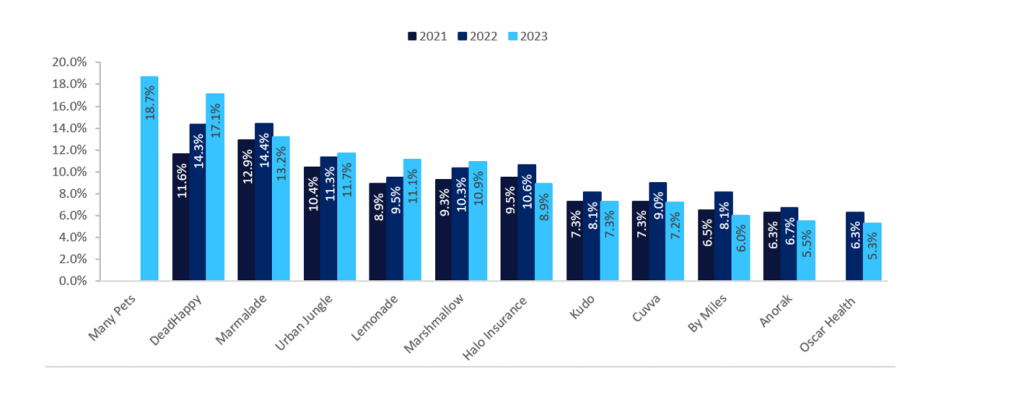
As the future of advice is hotly debated, research has suggested that robo-advisers are pushing an open door.
Research from consumer website Boring Money, which was recently launched at “It’s The Consumer, Stupid” event indicates 10% of people have heard of robo-advice.
While only 1% of them have invested this way to date, with a bias towards London and the home counties, Boring Money said 30% report that they would be interested in investing this way.
The research was conducted for Boring Money with the Telegraph reader panel from a sample of 580 readers between 22n and 29t August.
Low cost needed
According to Gemma Godfrey, founder of online wealth manager Moo.la, speaking at the conference: “Robo advice needs to be low cost, easy to access and easy to understand.”
How well do you really know your competitors?
Access the most comprehensive Company Profiles on the market, powered by GlobalData. Save hours of research. Gain competitive edge.

Thank you!
Your download email will arrive shortly
Not ready to buy yet? Download a free sample
We are confident about the unique quality of our Company Profiles. However, we want you to make the most beneficial decision for your business, so we offer a free sample that you can download by submitting the below form
By GlobalDataAnthony Morrow, CEO of new savings service, eVestor, which is set for a launch later this year, said: “Robo-advice does something to address accessibility and costs. It is for people who sit outside from the traditional advisory model, but require access to human advice or support. The question is how it can be done economically.”
The speakers said that robo-advice does not necessarily disenfranchise traditional advice.
Emma Napier, head of distribution at financial services and technology group, True Potential, noted that advisers are adopting technology to deal with clients to whom they cannot offer a full servicing option.
Equally, auto-enrolment is driving traffic to some robo propositions and some schemes have shown much higher engagement from auto-enrolled consumers.
Nevertheless, the costs of customer acquisition remain a barrier which some think is too high for a start-up to jump. Speaking at the event, outgoing CEO of Hargreaves Lansdown, Ian Gorham said that he is sceptical about robo-advisers.
Hargreaves Lansdown has a robo-offering in its ‘Portfolio +’ service, which attracts 7% of inflows, but he believes that people still want access to humans. He also believes the market is smaller than people think, citing the US where the largest robo advisers still have relatively small market share.
The view at the conference was that robo advice will need to offer a human element and give people the advice that they need.
Robo-advice impact on life and health insurance
Earlier this year, Royal London's head of protection Debbie Kennedy said robo-advice is an area the UK mutual life and pensions company is looking at since it has the potential to open up protection to the mass market.
Kennedy said: "As protection business is already sold through non-advised and tele-sales channels there is knowledge and experience available that the industry can learn from. There are two ways this could potentially go, robo-advice could become a channel in its own right or could even open up a new route into existing channels.







